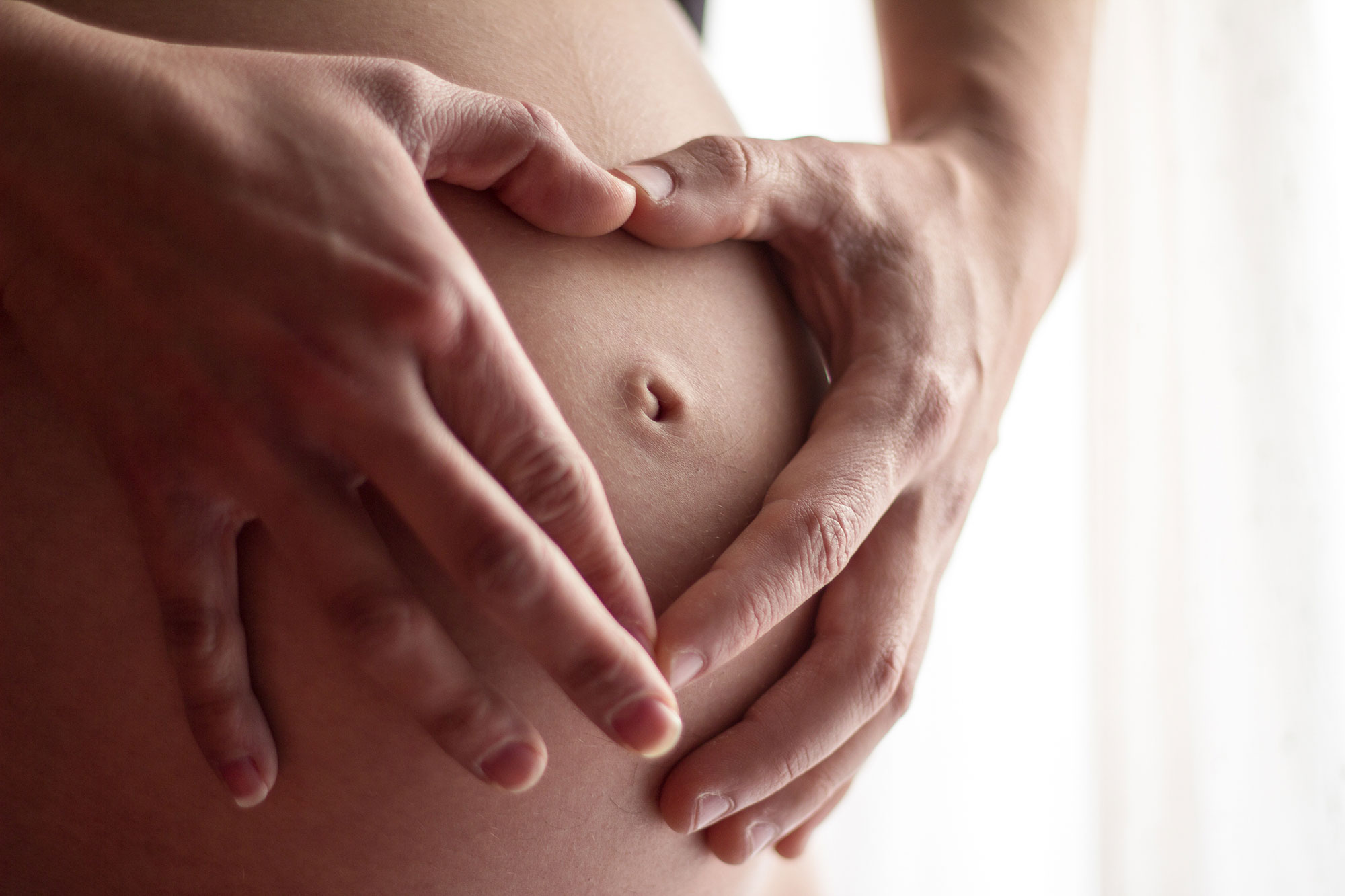New research suggests no mental health benefits to eating your placenta
Eating your placenta provides no mental health benefits for new mothers, suggests new research from the BC Mental Health and Substance Use Services' Research Institute and the University of British Columbia.

Eating your placenta provides no mental health benefits for new mothers, suggests new research from BC Mental Health and Substance Use Services’ Research Institute and the University of British Columbia.
The study, published online today in the Journal of Obstetrics and Gynaecology Canada, is the largest so far to look at the effects of eating one’s placenta—a practice known as placentophagy. Researchers used data from a 10-year genetic study involving 138 women with a history of mood disorders and compared data on outcomes between those who had eaten their placenta and those who had not.
“When you ask women why they’re consuming their placenta, many will say that they think it will help improve their mood in the postpartum period,” said Jehannine Austin, the executive director of the research institute, professor in the UBC faculty of medicine, and lead investigator of the study. “But there has been no research evidence showing that it really works, and our new study adds weight to this idea.”
Eating one’s placenta following childbirth is a growing trend, with many celebrities claiming that the practice provided them with health benefits, including preventing postpartum depression. However, previous studies have shown that consuming human placenta poses risks for mothers and their babies, including viral and bacterial infections.
“Given the health risks associated with consuming your placenta, and the absence of detectable benefits, we strongly recommend women do not, and instead look to other mental wellness resources,” said Austin, who also holds the Canada Research Chair in Translational Psychiatric Genomics.
The study also showed that women who consumed their placentas did not have more energy, had no increase in their vitamin B12 levels, and required no less lactation assistance than women who consumed their placentas.



